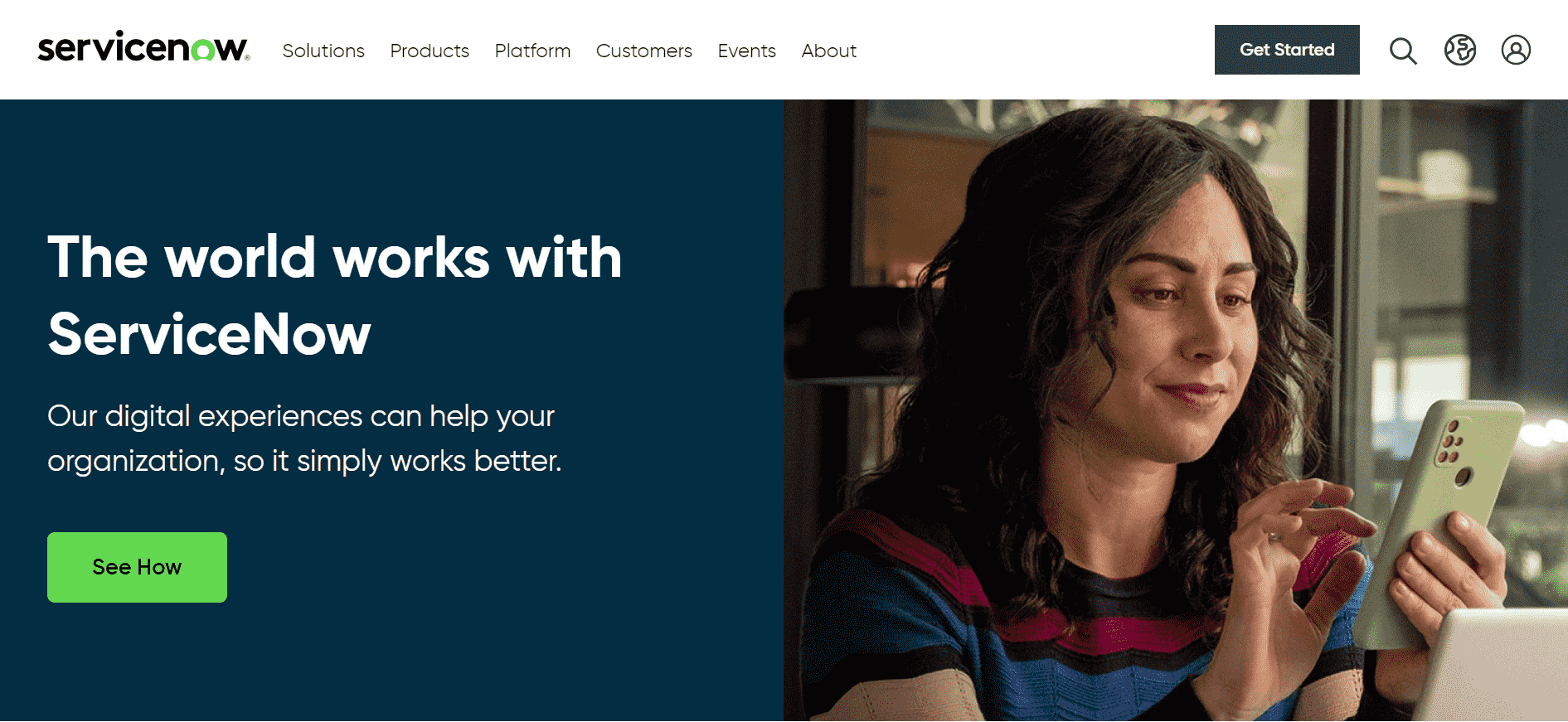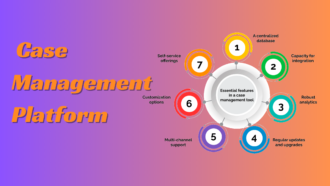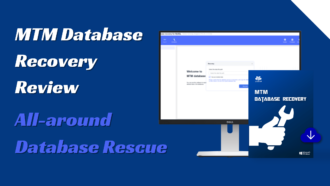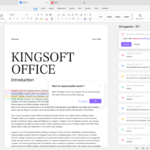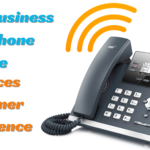ServiceNow Integration | Types of ServiceNow Integration
- 1 What is ServiceNow Integration?
- 2 Why ServiceNow Integration?
- 2.1 ServiceNow Integration with Jira
- 2.2 ServiceNow Integration with Azure
- 2.3 ServiceNow Integration with Splunk
- 2.4 ServiceNow Integration of McAfee
- 2.5 Integration with LDAP
- 2.6 ServiceNow Integration with Salesforce
- 2.7 ServiceNow Integration with Human Resource Management Systems
- 3 Types of ServiceNow Integrations
The ability to integrate ServiceNow with other systems is a powerful tool that can revolutionize any business’s operations. ServiceNow enables organizations to streamline their services, automate processes, and create a unified experience for customers and employees alike. When it comes to integration, there are several different types of ServiceNow integrations available depending on the needs of the business. In this article, we will explore the different types of ServiceNow integration and how they can be used effectively.
What is ServiceNow Integration?
ServiceNow integration is a powerful technology that enables companies to connect their existing systems and applications with ServiceNow, a cloud-based service management platform. Utilizing this integration allows organizations to drive efficiency and increase productivity by automating manual processes, managing incidents, and streamlining communication between teams. This article will provide an overview of ServiceNow integration, as well as explain the benefits it provides for businesses.
Integrating ServiceNow into an organization’s existing system allows employees to access important data from any device or location. By automating manual processes such as asset tracking, incident management, and document approvals, organizations can save time while ensuring accuracy in all operations. Additionally, ServiceNow Integration helps teams collaborate more efficiently by providing real-time visibility into tasks across multiple departments. And utilizing automation capabilities reduces costs associated with manual labor while improving customer satisfaction levels due to faster response times. Servicenow training will help you learn a great deal about the subject. The key ServiceNow hacks and tricks will be covered in this article to help you use them efficiently.
Why ServiceNow Integration?
With the growing complexity of digital infrastructure, organizations need unified and comprehensive solutions to streamline their IT service delivery processes. ServiceNow is an IT service management software that provides businesses with a comprehensive solution for managing their services, applications, and resources. Organizations are able to leverage the power of ServiceNow integration in order to automate workflows, improve customer satisfaction, simplify operations and increase overall efficiency.
Integration with ServiceNow is advantageous because it enables organizations to access their data from any location and maintain a single source of truth by consolidating disparate systems into one platform. This also helps reduce human errors, as information can be gathered quickly without manual effort or mistakes. Additionally, ServiceNow integration enables users to better track activities such as incidents or requests across departments or teams, making communication more efficient while ensuring accountability and visibility throughout the organization.
Let’s examine the integrations that are most appropriate for businesses that have already implemented them.
ServiceNow Integration with Jira
ServiceNow Integration with Jira is a powerful tool for streamlining workflows and enhancing collaboration between teams. By connecting these two platforms, users can quickly resolve issues and move projects forward. This integration allows businesses to automate the process of creating tickets from ServiceNow and assign them within Jira, simplifying the tracking of incidents and problems.
The ability to connect ServiceNow with Jira offers a number of advantages for organizations in terms of efficiency and cost savings. With automated ticket creation, tasks are created faster, which reduces the amount of time needed to manage them. Furthermore, it helps organizations avoid double-entry by syncing data between both systems so that reports can be generated on demand. In addition to this, organizations can set up custom notifications when certain conditions are met so that stakeholders stay informed throughout the entire service delivery process.
ServiceNow Integration with Azure
ServiceNow Integration with Azure is a powerful combination of cloud technologies that can help organizations realize the full potential of their IT operations. By leveraging the capabilities of both ServiceNow and Azure, organizations can benefit from cost savings, improved scalability, and enhanced security. Using integrated solutions, organizations can streamline their IT processes, managing assets, and services more efficiently — all while meeting compliance requirements.
The integration of ServiceNow and Azure allows for managed services to be provisioned quickly in an automated fashion. This automation streamlines manual processes by providing self-service options for users to access needed resources without having to contact IT, support staff. Additionally, automated workflows are created within ServiceNow when integrating with Azure which simplifies day-to-day operations and reduces errors caused by manual entry or oversight.
ServiceNow Integration with Splunk
ServiceNow and Splunk are two of the most popular enterprise software tools available today, used by many Fortune 500 companies. By integrating these two powerful platforms, businesses can get the most out of their data. With ServiceNow’s cloud-based platform for IT service management and Splunk’s comprehensive platform for analyzing machine data, organizations are able to gain greater insights into their operations and improve visibility across teams.
The integration between ServiceNow and Splunk is an efficient way to bring together different types of data in a centralized location. It allows users to analyze all kinds of data—from customer feedback to system logs—in real-time with advanced analytics capabilities. Even better, it helps organizations make faster decisions based on accurate insights since there’s no need to manually hunt down disparate sources of information.
ServiceNow Integration of McAfee
McAfee and ServiceNow have recently joined forces to deliver customers with a comprehensive security solution. This partnership combines McAfee’s powerful suite of security products with ServiceNow’s broad platform capabilities, providing customers the ability to manage their entire security environment in one place. By unifying the two platforms, organizations can leverage the power of McAfee’s endpoint detection and response (EDR) technology along with ServiceNow’s workflow automation and event management capability – creating a complete and secure user experience.
The integration between McAfee and ServiceNow promises to enable customers to identify, investigate, prioritize, respond to, report on, and remediate threats in near real-time. With this new integration, users will be able to quickly detect suspicious activity across all endpoints within an organization’s network as well as gain visibility into their system performance through automated reporting tools.
Integration with LDAP
ServiceNow is an enterprise cloud platform that provides innovative solutions for today’s modern businesses. With its powerful integration capabilities, ServiceNow can easily be connected with LDAP (Lightweight Directory Access Protocol) for streamlined authentication and authorization of user identities.
LDAP is a common protocol used to manage authentication and access control in many organizations around the world. By connecting ServiceNow with LDAP, users are able to eliminate the manual process of creating, updating and deleting user accounts in multiple systems. With this integration, any changes made to the LDAP directory will be immediately reflected in ServiceNow without any additional effort on behalf of administrators. This helps ensure data accuracy across all systems while also increasing overall efficiency.
Moreover, this integration allows organizations to enforce their security policies more effectively by granting or revoking access based on pre-defined criteria stored within the LDAP directory.
ServiceNow Integration with Salesforce
Integrating ServiceNow and Salesforce is one of the most powerful ways to drive organizational success. This integration allows organizations to create a unified platform that streamlines communication and enhances workflow automation across multiple systems. In essence, it enables customers to increase their productivity, improve customer satisfaction, and deliver innovative solutions in a shorter period of time.
ServiceNow offers an array of features for enterprise automation including cloud-based services for employee service delivery, incident management, asset management, and IT operations management. By integrating these capabilities with Salesforce’s suite of CRM tools such as Sales Cloud and Service Cloud, customers are able to quickly respond to customer requests through automated workflows and build strong relationships with their customers by enabling faster issue resolution times. Additionally, the integration provides users with increased visibility into customer interactions allowing them to better predict future needs.
ServiceNow Integration with Human Resource Management Systems
ServiceNow is a comprehensive platform that allows organizations to seamlessly integrate and manage their Human Resource (HR) systems. By combining ServiceNow with HR Management Systems, organizations can streamline processes and workflows, ensuring the efficient delivery of HR services.
The integration of ServiceNow with HR Management Systems provides visibility into activities related to employee onboarding, performance management, payroll processing, training, and development, as well as attendance tracking. This ensures better accuracy of data while providing an improved user experience for employees. With the help of ServiceNow’s cloud-based platform, companies can access all information securely from anywhere at any time. Additionally, it helps reduce manual effort by automating routine tasks such as scheduling meetings or managing leave requests.
Integrating ServiceNow with HR Management Systems gives organizations the ability to quickly respond to changes in personnel requirements and other labor regulations.
Types of ServiceNow Integrations
Integration of Event Management
The Event Management app now has capabilities for security incident response. Data analyzed from system events that were parsed by an Event Management support plug-in for Security Incident Response flooded areas of information security.
Import API Integration settings
The Security Incident Response software includes an Import Set API for directly manufacturing security incidents, to the extent that Event Management may be used to induce security-related occurrences.
Source Lookup Integration
Users can send information to far-off lookup sources to check if it’s damaging. An IP address, URL, file, or hash of a file is the most common kind of information.
Integration of Threat Sources
Data can be imported using Threat Sources from numerous threat intelligence directories. The platform’s multiple Measures of Reconciliation tables are then loaded with this data. You can add an entry to an easy-to-use single-column blocklist by simply inputting the URL of an existing entry. For more complex data sets, a custom integration can be provided to request a URL and parse the outcome.
Integration of Data
From third-party vulnerability management solutions, confidential or classified data is retrieved through vulnerability data integrations. It is anticipated that these connections will produce vulnerable and susceptible items. With the understanding that security concerns will be addressed and tracked, this integration enables the independent operation of third-party vulnerability scanners within the instance.
Final Thought:
In conclusion, ServiceNow integration offers an invaluable set of tools and resources to help streamline workflows. By consolidating complex processes and automating routine tasks, businesses can improve their efficiency and reduce costs. Furthermore, ServiceNow integration allows for real-time communication with staff, vendors, and customers regardless of location. This can lead to increased customer satisfaction levels and better decision-making. Additionally, ServiceNow’s cloud-based platform allows organizations to access their data anytime, anywhere on any device.

